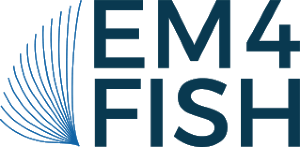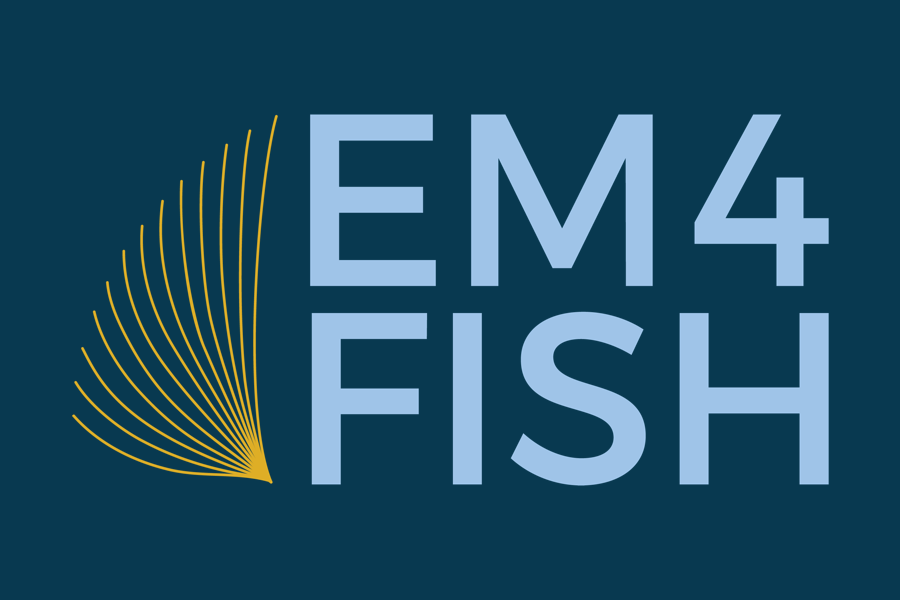February 21, 2019 (Washington, D.C.) – A new initiative to accelerate modernization, implementation and adaptation of robust information systems to support improved management of ocean resources has just been launched by the Net Gains Alliance (NGA). NGA is working to spur modernization of America’s fisheries information system, an effort viewed as critical by industry and fisheries managers alike for further improving overall management and enhancing environmental, social and economic performance.
United States’ fisheries rely on a robust, science-based process for comprehensive and effective management. The diversity of information needs for fisheries management in the U.S. is increasing, as is the pace at which decisions are needed. Current information management systems can be enhanced to meet these evolving needs. This will help ensure that the economic and conservation benefits of our fisheries are sustained.
NGA is advancing the recommendations contained in the Fishing Data Innovation Task Force’s 2017 report “Improving Net Gains: Data-Driven Innovation for America’s Fishing Future”. Now, with support from The Walton Family Foundation, and in collaboration with sector-leading partners and Council Fire, NGA is assembling a strong coalition of industry, managers and other stakeholders, and working with partners to develop and implement a national modernization strategy.
“This initiative by NGA is a critical step in continuing to evolve the U.S. fisheries management system to be more efficient and adaptive to dynamic ocean conditions,” said Tom Grasso, Oceans Program Lead at the Walton Family Foundation.
A key element to this effort is demonstrating the many benefits gained from a modernized, interoperable data backbone by helping catalyze numerous projects – at the state, regional and national level – that unlock the power of better fisheries data.
“One example could include the development of an integrated fishery reporting system that connects multiple sources of data – like those captured from onboard electronic monitoring – into one report by creating a unique trip identifier linking all the records from a single fishing trip,” said George Chmael, CEO of Council Fire. “Successfully doing so would make both science and management far more efficient, and could also be useful for seafood traceability efforts.”
Among the industry groups engaged with NGA’s modernization efforts are the Seafood Harvesters of America, which represents 16 commercial fishing organizations across the country. “Our members don’t only harvest fish, they harvest the data that fisheries managers use to determine allowable catches,” said Leigh Habegger, executive director of the Harvesters. “The accuracy of that data is critical, but so is the responsiveness of fisheries management systems, especially in light of rapidly changing ocean conditions. Modernizing the ways we gather, store, analyze and employ data will enable all of us, fishermen and managers alike, to be even better stewards of our nation’s seafood resources.”
NGA’s efforts are also aligned with the broad fisheries data systems modernization priorities of NOAA Fisheries and the regional management councils. “The United States is a world model of success when it comes to sustainable management of ocean resources because our decisions are based on the best available science,” said Paul Doremus, Deputy Assistant Administrator Operations at NOAA Fisheries and NOAA Lead for Seafood Production and Aquaculture. “Data science and technology continue to improve and we support and applaud efforts to develop and utilize more modern, transparent, and connected fisheries information systems in collaboration with the Councils and commercial and recreational fishermen.”
Though the commercial and recreational saltwater fishing industries already account for more than 1.7 million jobs and, and contributed more than $100 billion to the U.S. GDP in 2016, even greater societal, economic and conservation benefits can be realized through fisheries information system improvements. The NGA effort is focused on furthering that objective.
Working with NOAA, the National Fish and Wildlife Foundation and other expert partners, NGA will continue identifying projects that advance modernization, demonstrate the benefits of interoperable information systems, and unleash additional data-driven benefits for fishery managers, the fishing sector and seafood consumers across America.
Reprinted with permission, Net Gains Alliance

